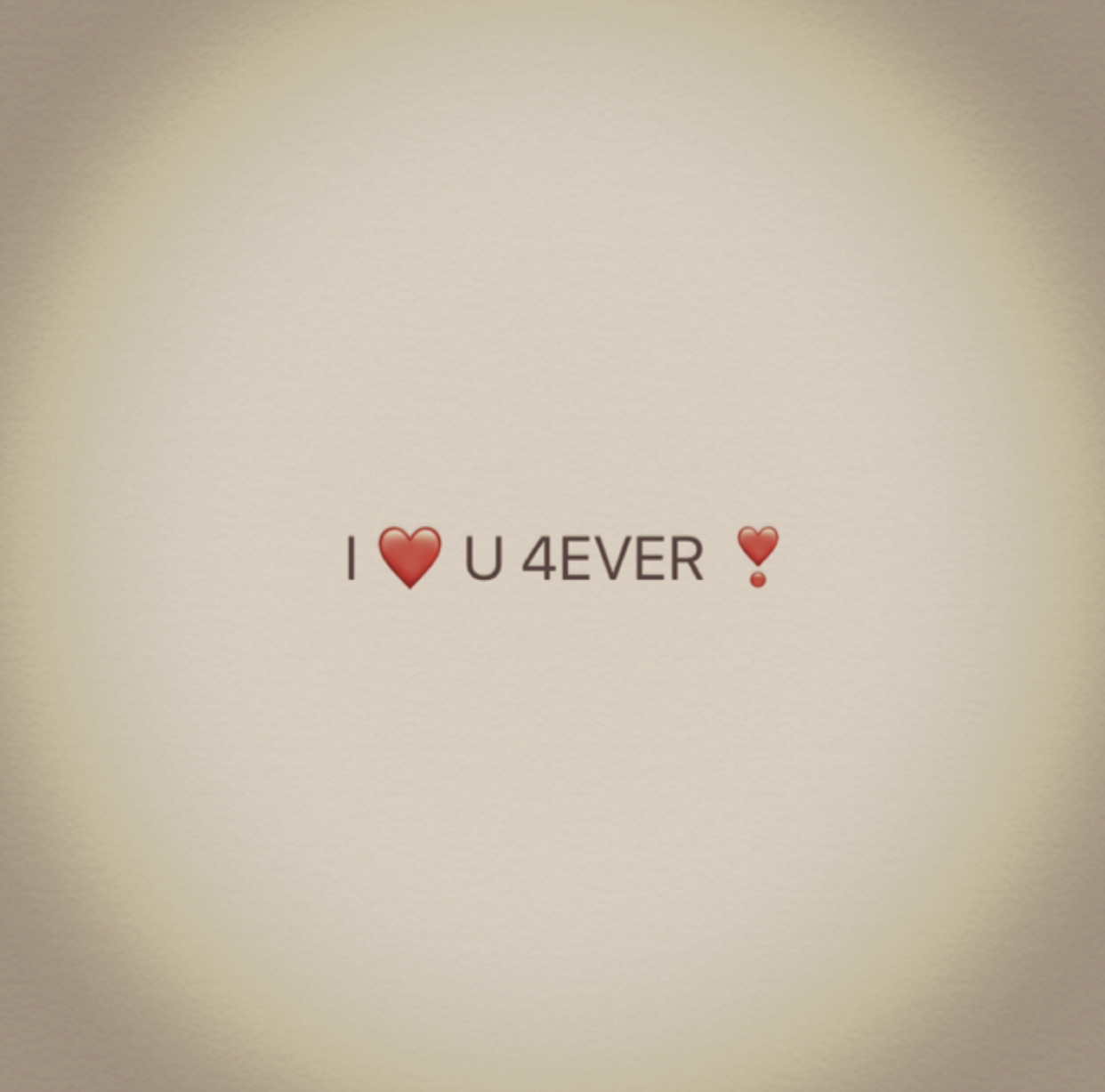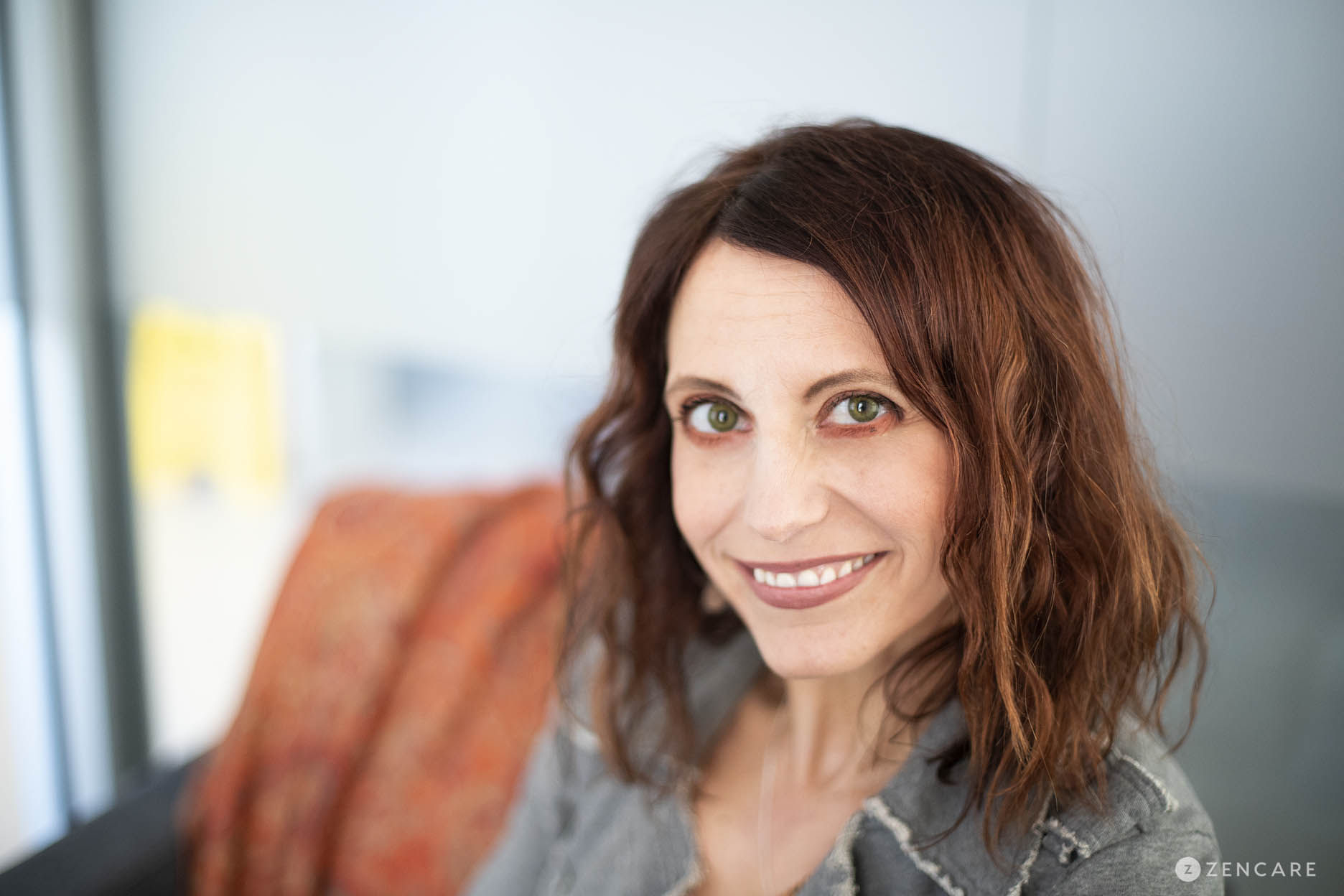
Most of our earliest memories on the subject of romantic love have been intertwined with the concept of forever. From the songs we heard, “I Will Always Love You,” to the vows we spoke or heard spoken, “Until Death Do Us Part.” We have been led to believe that in order to profess one’s “undying” devotion, we must declare it FOREVER. However, in a world that can offer only one guarantee, that everything CHANGES, how can we possibly share and believe in this disillusioned word? Does it make us feel better? Does it provide us with some sort of security or ownership? Perhaps it isn’t the word FOREVER we need to change, but rather how we define it.
I’ve experienced what many may define as “failed” relationships, including a marriage that gifted me with three beautiful children. I have been through the pain of loss, disappointment, betrayal, loneliness, and fear. I have spent countless hours, days and years, exploring the one common denominator in all my romantic relationships that ended; myself. When they say ignorance is bliss, believe me, there have been times I wholeheartedly agree! The journey of self-awareness and spiritual growth can be quite frightening, particularly if we judge ourselves harshly. Removing our ego and really seeing things for what they are, requires courage and patience. Sometimes it feels easier to just pretend we don’t see or run away and hide. However, once the initial shock wears off and we learn to soothe ourselves with forgiveness and compassion; true bliss is experienced. We become empowered with the knowledge that we have choices and when we make different ones; choices based in love, rather than in fear, we experience a more positive outcome.
In my self-actualizing process, I’ve discovered many of my issues in relationships stem from how I learned to participate in them. Most of our learning comes from what is modeled in our homes, our friends’ home, TV, magazines, and movies. I can say with great confidence, much of what I observed was based on the codependency model. The “you complete me,” relationships, are what I thought was the norm and what most often lead to an imbalance of needs and an unhealthy dependency. Somewhere in my formative years, I perceived more loved, safety and acceptance when I valued the needs of someone else, more than I valued my own. I found it easy and fulfilling to help others solve their obstacles or issues, rather than focusing on my own. This interpretation may have worked for me when I was a child, but it certainly didn’t work for me as an adult. In fact, when applying these beliefs, I experienced quite the opposite of love, safety, and acceptance; I felt disregarded, afraid and alone.
Unraveling my path in intimate relationships, I’ve come to understand that forever doesn’t necessarily equate to unchanging or permanent, and a failed relationship doesn’t necessarily equate to an ending or a termination. I think the expectations we have of love being changeless and fixed, is where relationships truly fail. Understanding that forever is fluid and even a relationship like my parents’, who are still married more than 50+ years, has broken apart over and over again. These black and white definitions we have of win/lose, succeed/fail, are misleading. I choose to not to believe that I’ve had failed relationships just because they didn’t last. I’ve learned something invaluable in each one. I’ve gained a new perspective; coming back to the essence of who I am, without the fear, the uncertainty, and the devaluing. I feel more grounded today, than I ever have in my understanding of who I am and the kind of relationship I value. None of this would have been possible if those forevers were really forever or those fails were ignorant blisses. So, how can there be a true failure if you’ve learned from it?
I’ve learned some incredible life lessons and so much about myself in these exeperiences. Love is the reason I am here. Love is my purpose and my Master Plan. And love is forever NOW. And that is the kind of forever I can commit to. Always… ❣️?

